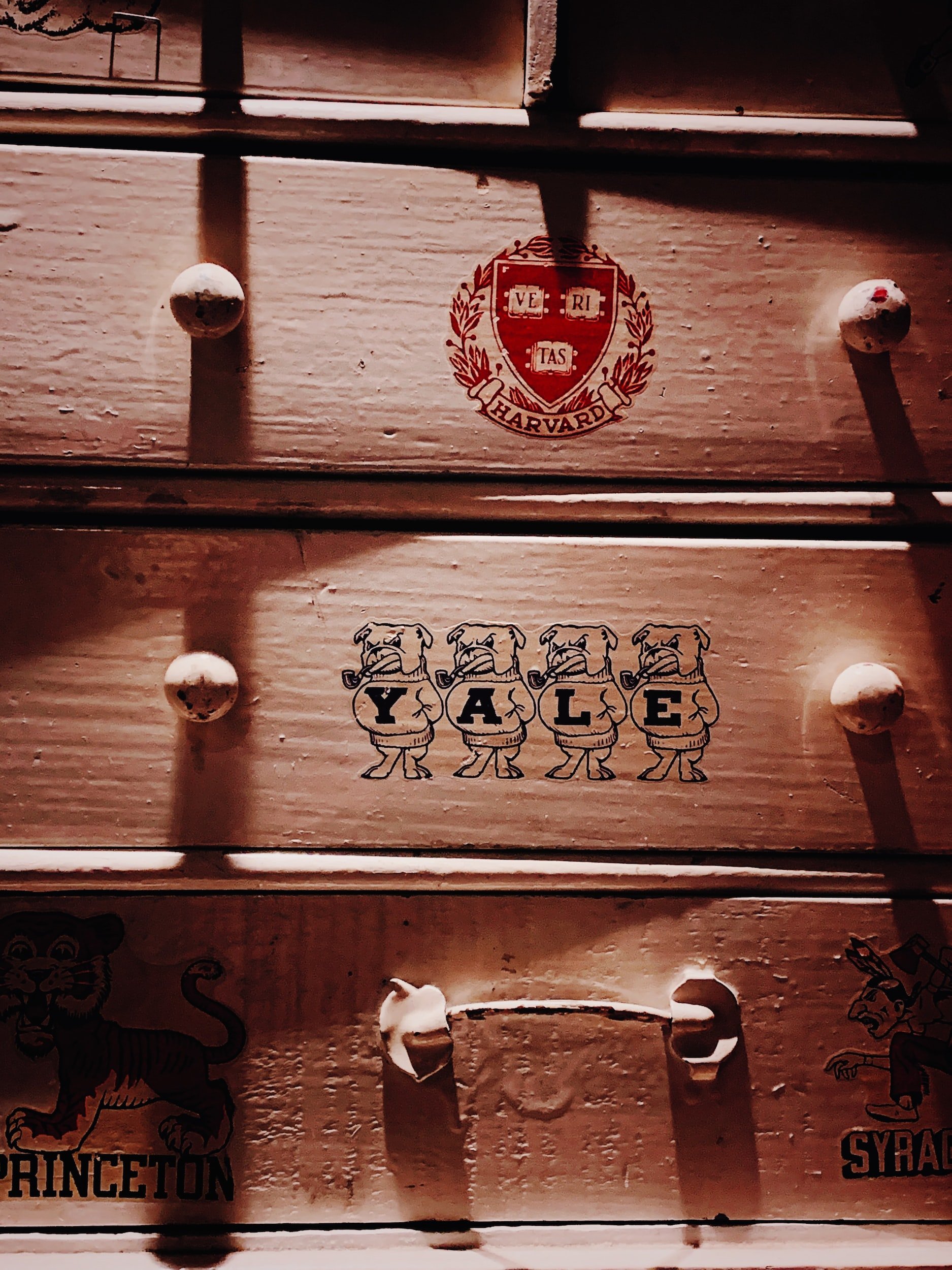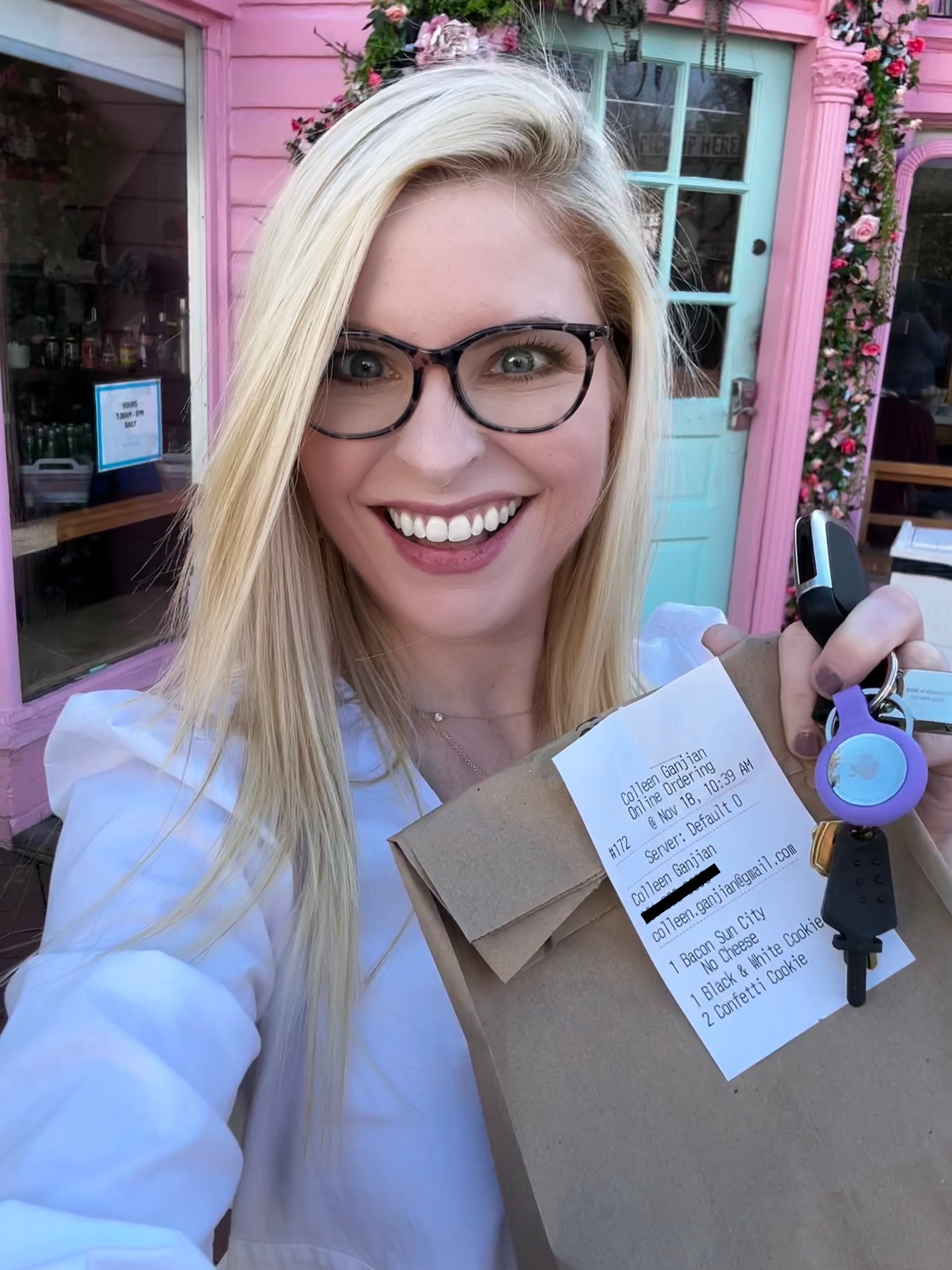BIGGEST COLLEGE-RELATED NEWS OF THE WEEK
ACADEMIC WORKERS AT UNIVERSITY OF CALIFORNIA GO ON STRIKE
This week, workers at the University of California staged the largest academic strike in the history of US higher education. Representing over 48,000 researchers, graders, and post-doctoral fellows, the academic staff union has been trying to negotiate higher wages and increased benefits with university administrators for over a year. However, the union believes that administrators have not been bargaining in “good faith.” UC officials have denied this claim and hope to reach an agreement as soon as possible. In the meantime, professors at UC institutions are planning for class disruptions.
EYEWITNESS ACCOUNTS OF UVA SHOOTING
Details of the deadly UVA shooting on Sunday night continue to emerge. Just as a group of students returned from a class trip to Washington, D.C., suspect Christopher Darnell Jones, Jr. opened fire on the bus, killing three fellow students and injuring others. The rest of the group fled into nearby campus buildings, and the university went into lockdown until Jones was apprehended. Eyewitnesses are now trying to piece together their last conversations with the victims and offering their observations of the suspect, who some claim was targeting specific students on the bus. We will continue tracking this story as the investigation proceeds.
MYSTERIOUS MURDERS AT THE UNIVERSITY OF IDAHO
As Virginians reel from the devastating events at UVA this week, it’s important to remember that another tragedy occurred at the University of Idaho as well. Four students were found dead near campus on Sunday in an apparent homicide. The case is being investigated in what police describe as a “crime of passion,” but no further details have been released.
VIRGINIA’S UPDATED HISTORY AND SOCIAL STUDIES STANDARDS COME UNDER FIRE
Every seven years, the Virginia Department of Education is required to redevelop standards of learning - otherwise known as SOLs - for each subject area and garner approval from the state board of education. Typically this process is routine, but not this year! In August, the board called for an extensive revision of the history and social studies standards proposal. The several hundred page document was streamlined into just 53 pages and submitted for another review this week. While the latest version may be easier to digest, many feel that the standards overlook important areas of history and “minimize diverse perspectives.” Yesterday, the Board of Education voted to push back their review, advising the Department of Education to revise the proposal once again.
SCHOOLS REJECT COLLEGE RANKINGS
In a shocking move, Yale Law School and Harvard Law School announced this week that they will no longer participate in the annual U.S. News and World Report’s College Rankings. Although these institutions typically take top spots on the list, officials at both schools are calling the ranking’s methodology into question. Deans at Harvard and Yale claim the rankings are driven by “misguided formulas” that undermine student choice. They are concerned with what they believe is an over-emphasis on LSAT scores and GPAs and skewed calculations of student debt loads. Many wonder how this move will affect the ranking’s reputation and if other institutions will follow in Yale and Harvard’s footsteps.
BEST ARTICLES OF THE WEEK
Did you know that international students contribute over thirty billion dollars to the US economy? Inside Higher Ed took a close look at the impact of international student enrollment losses in the United States over the past two years. Although international enrollment is rebounding, experts are still concerned. In fact, some policy makers are calling for a national strategy to promote international enrollment, which they note was declining even before the pandemic. Other factors include cost, concerns of gun violence in America, and increased xenophobia.
Selecting a major is one of the most important decisions an undergraduate will make. So how do you choose a degree that you won’t regret later? According to CNBC, the answer lies in value. Recent surveys indicate that the least-regretted majors are those that yield direct career pathways and high salaries. While these findings aren’t necessarily surprising, the list of top ten most regretted majors may be to some. Take a look for yourself!
Walk into a dorm room, and you just might find yourself face-to-face with a snake–well at least in the state of Indiana. Recent data has shown a surge in the number of emotional support animals (ESAs) across Indiana’s colleges and universities. Under the Fair Housing Act, students can house emotional support animals as part of their mental health accommodations. Although cats and dogs are the most popular ESAs, Indiana campuses are now housing support hamsters, guinea pigs, and even snakes. Officials have drawn the line, though, at exotic pets and farm animals. Personally, I am not sure how snakes aren’t considered to be exotic pets…?
Parents, you’ll be happy to know that your teenagers do, in fact, trust you! According to recent EAB surveys, nearly half of teenagers polled consider parents to be one of the most trusted sources of college information - an 11% increase from a similar survey conducted just two years ago. According to Robert Alexander, Dean of Admissions at the University of Rochester, parental involvement in the college admissions process is continuing to rise. And while the support may be a welcome relief to stressed-out college applicants, parental overinvolvement is a real danger. Alexander offers a list of dos and don’ts to help parents navigate the process in a way that empowers their children. We especially like his suggestion to schedule a weekly family meeting time. That way, parents don’t run the risk of turning every conversation into an application meeting.
Lastly, Forbes published an article that released some interesting Common Application statistics relating to the current application cycle. Applications are way up, and the highest increase in apps can be found in the group of most selective schools. Trends have also emerged relating to geography - applications to schools in South Carolina, Texas, and Alabama have increased more than they have any other states (this aligns with the viral article from Town & Country that we posted in October - check this out if you haven’t yet!).
OFFICE HAPPENINGS
The holiday season is here, and it’s the perfect time for teens to get involved in the community! There are a variety of unique volunteer opportunities in northern Virginia and DC, especially for expert gingerbread house makers and light-stringers. Visit our database to see an up-to-date list.
If you’re a junior staying in town during Thanksgiving week, consider checking out some local schools to gain an initial sense of your college preferences. Even if you have zero interest in attending any D.C. area schools, it’s easy to spend some time exploring the campuses of Georgetown, GW, American, Catholic and/or George Mason, and the experience can be a really valuable opportunity to learn which factors appeal to you. We can use your observations to help make recommendations for other schools - and also tell you which to skip.
And p.s. - does it even count as a visit to Georgetown if you don’t stop by Call Your Mother for bagels?
I was there this morning and grabbed a Sun City with Bacon, YUM!!! Highly recommend and it’s always packed full of Georgetown students. Make sure to pre-order if you are going on a weekend. I also picked up some treats for my kids while I was there :)
Have a fantastic weekend!














